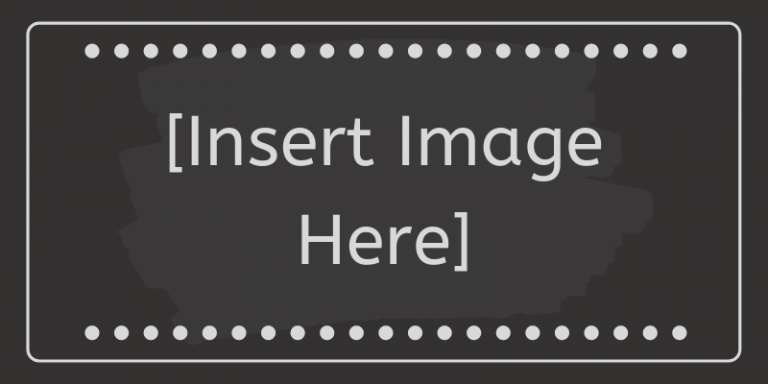The Reality of Life Without Health Insurance
For many uninsured women, life is a delicate balancing act. Without a safety net, everyday concerns like routine check-ups, emergency care, and maternity services become daunting. This vulnerability is amplified by the fact that uninsured young adults are nearly twice as likely to go without insurance compared to the general population under 65.
How Women Lead Their Lives Without Insurance
Uninsured women often delay or forgo essential medical care due to cost concerns. This can include:
- Skipping Preventive Services: Routine screenings for conditions like breast cancer, cervical cancer, and osteoporosis are often neglected.
- Self-Medicating: Without professional guidance, some turn to over-the-counter remedies or online advice to manage symptoms.
- Relying on Emergency Care: Many resort to emergency rooms for acute health issues, which can result in significant financial strain.
- Ignoring Health Problems: Chronic conditions like diabetes, hypertension, or mental health issues may go unmanaged, leading to worsened outcomes.
These compromises often lead to a cycle of poor health, increased medical costs, and diminished quality of life.
Care Options for Women Without Health Insurance
While navigating healthcare without insurance can feel overwhelming, there are several options available for uninsured women to access affordable or free care:
1. Federally Qualified Health Centers (FQHCs)
FQHCs provide primary care services on a sliding scale based on income. These centers often include women’s health services such as family planning, prenatal care, and screenings.
2. Planned Parenthood and Similar Organizations
Planned Parenthood offers affordable reproductive health services, including contraception, STI testing, and cancer screenings. Many clinics provide care regardless of a woman’s ability to pay.
3. Community Health Clinics
Nonprofit clinics in many areas offer low-cost or free care, often focusing on underserved populations. These clinics may provide general health services as well as specialized care for women.
4. Medicaid and State Programs
Even if traditional health insurance is unaffordable, women may qualify for Medicaid or other state-funded health programs, especially if they are pregnant, have children, or fall into specific income brackets.
5. Prescription Assistance Programs
Many pharmaceutical companies and nonprofit organizations offer programs to reduce the cost of medications, ensuring access to essential drugs for chronic or acute conditions.
6. Charity and Religious Hospitals
Some hospitals offer charity care programs, which provide services at reduced or no cost for eligible patients. Religious institutions may also fund healthcare services for women in need.
7. Telehealth Services
Online consultations with healthcare providers are often more affordable than in-person visits. Many telehealth platforms offer women’s health services, including advice on contraception and prescriptions for minor ailments.
8. Crowdsourcing and Community Support
In emergencies, some women turn to crowdfunding platforms to raise money for medical bills. Additionally, local community organizations may provide support for specific healthcare needs.
Can Uninsured Women Survive Without Health Insurance?
The short answer is yes, but survival often comes with challenges. While care options exist, navigating them requires time, effort, and resourcefulness. The lack of insurance can mean delayed diagnoses, untreated conditions, and increased stress, all of which can take a toll on overall well-being.
However, many uninsured women find ways to manage their health with the resources available. Leveraging community programs, staying informed about affordable care options, and advocating for expanded healthcare access can help women without insurance lead healthier lives.
Empowering Uninsured Women
To improve the lives of uninsured women, it’s essential to raise awareness about available resources and advocate for systemic changes. Women can take proactive steps by:
- Researching Local Clinics: Many free or low-cost clinics may not be widely advertised.
- Building a Support Network: Friends, family, and community groups can provide emotional and financial support.
- Practicing Preventive Care at Home: Maintaining a healthy lifestyle, including regular exercise and a balanced diet, can reduce the need for medical intervention.














